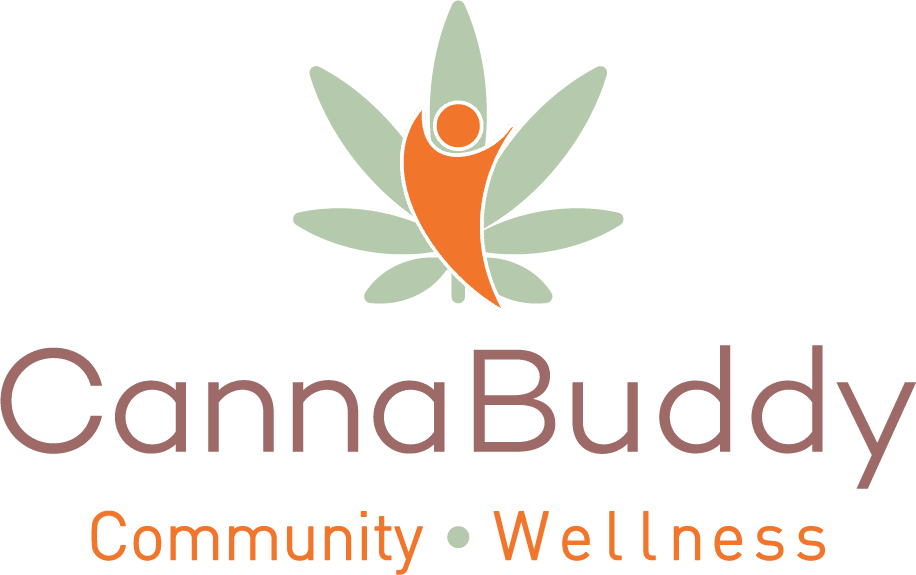CBG vs. CBD: Key Differences
Comparing CBD vs. CBG is a matter of understanding their profiles, how they’re sourced, and how they can potentially fit into someone’s wellness journey.
Most cannabis enthusiasts are familiar with CBD but have never heard of CBG. This cannabinoid has a lot in common with CBD, but there are also very big differences. There are a lot of questions as the versatility of cannabis continues to emerge. Modern wellness products boast a wide variety of cannabinoids that can support many different needs and goals.
What is CBG?
Cannabigerol, commonly known as CBG, is a non-psychoactive cannabinoid. It’s the precursor for all other cannabinoids, including CBD and THC. Although it is only present in small quantities in the early growth stages in most cannabis strains, its potential benefits are becoming increasingly recognized.
CBG doesn’t produce a cerebral euphoria, or “high.”. This makes it a popular choice for those interested in reaping cannabis’s potential benefits without any intoxicating effects.
What is CBD?
Cannabidiol, or CBD, is a non-psychoactive cannabinoid known for its numerous potential therapeutic properties. Even without intoxicating effects, CBD has found its way into everything from oils and tinctures to creams and gummies. The popularity of CBD stems from the mountains of anecdotal evidence and preliminary studies pointing towards its potential to support various aspects of wellness, such as relaxation and healthy skin.
Chemical Structure and Origins
CBD and CBG have very different developmental paths as the cannabis plant grows. Early in the plant’s life, CBG is abundantly present, but as the plant matures, CBG is converted into other cannabinoids, including CBD. As a result of this natural process, mature cannabis plants have higher CBD concentrations and low CBG levels.
Potential Benefits
Both CBD and CBG have carved their niches in the wellness industry, due to their potential therapeutic benefits and lack of intoxicating effects.
CBD is frequently associated with its potential to help users calm down. Many consumers report that it aids in relaxation, helps in promoting restful sleep, and can be beneficial for skin health. It is very popular among individuals seeking natural support for symptoms of anxiety disorders. Studies have shown that it could be an excellent tool for post-traumatic stress disorder, panic disorder, and similar conditions. There are also preliminary studies hinting at its pain reduction and anti-inflammatory properties, making it popular among those dealing with discomfort. It is also one of the few cannabinoids that is FDA-approved. Epidiolex is a CBD oral solution that can be prescribed to individuals dealing with TSC-related seizures.
CBG benefits are much less explored than CBD. However, it is rapidly catching the interest of both researchers and consumers. Its potential benefits span from supporting digestive health to combatting discomfort and encouraging improved appetite, with no observed negative side effects. There are also intriguing findings about its antibacterial properties, which could make it a contender in future wellness products targeting bacterial concerns. Recent studies have looked at using CBD for cancer treatment, something that could potentially transform medical care as we know it. Also, some studies suggest CBG might play a role in supporting mood regulation, though more research is needed in this area.
Interactions with the Endocannabinoid System
The endocannabinoid system (ECS) is a network within the nervous system that influences mood, pain, and other physiological processes. While both CBG and CBD interact with this system, they do so differently.
CBD primarily interacts with the ECS by inhibiting the breakdown of your body’s natural cannabinoids. This can prolong and potentially enhance the effects of these endogenous cannabinoids, promoting a sense of equilibrium in the body.
On the other hand, CBG acts directly with the CB1 and CB2 receptors to stimulate the cannabinoid receptors in the body. This direct stimulation can lead to a variety of effects that differ from those of CBD.
Product Availability and Cost
As of now, CBD is more widely available and often more affordable. This is largely due to its established presence in the market and more extensive cultivation. CBG products need specific early-harvest techniques and, tend to be more expensive. However, with growing interest, CBG’s market presence is expected to increase steadily.
Both CBD and CBG can be found in an array of product types, including tinctures, topicals, edibles, and vapes. There’s something for just about everyone. CBD-infused lotions, balms, and even beverages are gaining popularity, while CBG is gradually marking its presence in capsules, oils, and creams. As research and demand continue to grow, consumers can look forward to even more innovative and diverse products featuring these two promising cannabinoids.
CannaBuddy Can Help Leverage CBD and CBG to Meet Self-Care Goals
Incorporating CBD and CBG into a daily wellness routine can potentially offer a dynamic duo of benefits. CBD might be a go-to for evenings when someone is seeking calm and tranquility. CBG can potentially be that morning jolt, helping people embrace the day. Everyone’s experience will differ. It’s essential to start slow, see how the body reacts, and adjust accordingly. You can also experience the entourage effect by pairing CBD with Delta 8, Delta 9, THCH, THCP, or other cannabinoids.
CBD vs CBG? Hopefully, there are no more questions.
Check out the selection from CannaBuddy today!
Premium Cannabis Sent to Your Mailbox
Free Shipping on Orders $100+
Photo credit: alphaspirit.it
